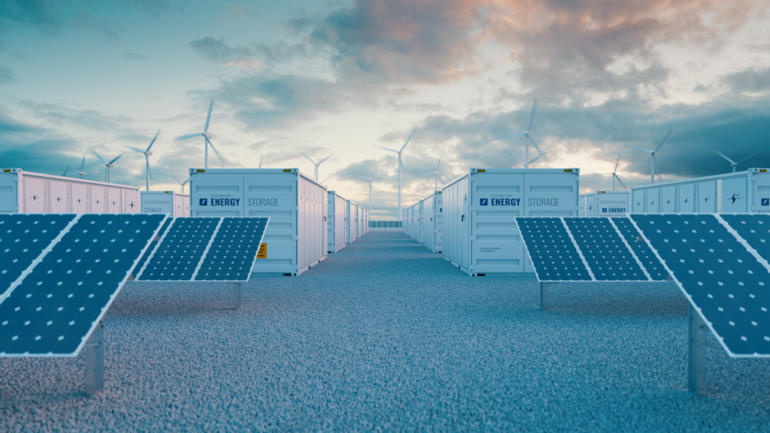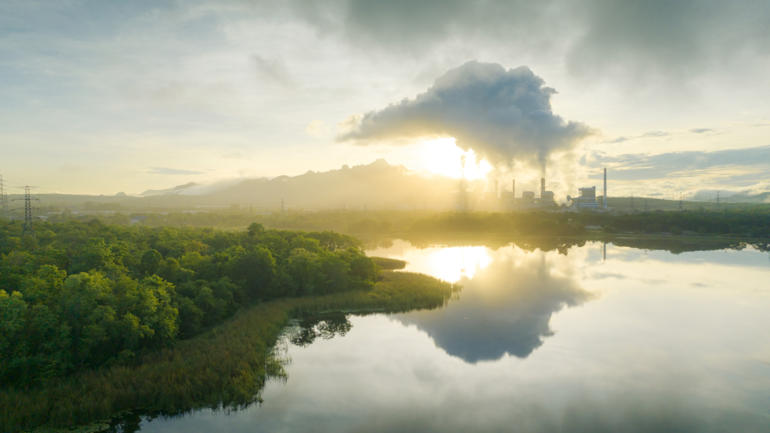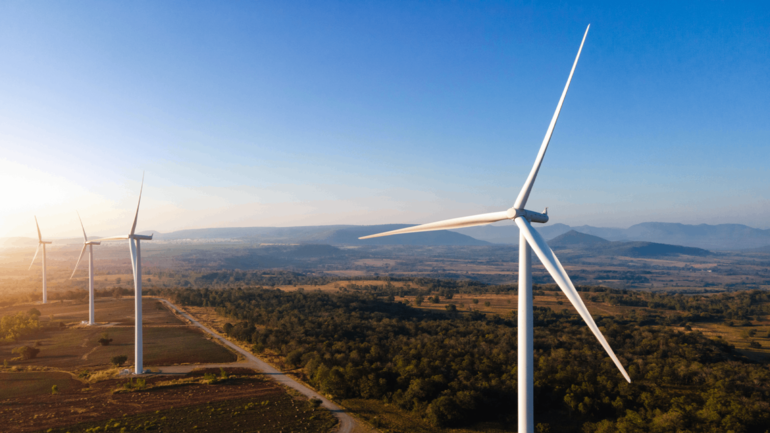10 December 2018, Katowice Poland: Today at COP24 in Poland, the World Business Council for Sustainable Development (WBCSD) launched its newest project, New Energy Solutions. By facilitating cross-sectoral collaboration, the project aims to scale up pre-commercial and/or proven low-carbon technologies that are being deployed too slowly across the power, transport, industry and buildings sectors.
To limit global warming to 1.5°C, it’s crucial to reduce CO2 emissions by about 1.4 GtCO2 per year over the next decade. This level of emission reductions is equivalent to the combined impact of:
- Tripling the current rate of renewable electricity deployment
- All new cars being battery electric vehicles
- At least doubling the deep renovation rate of buildings
“To avoid the most devastating impacts of climate change, we must achieve the Paris Agreement targets. That will only be possible if we transform the energy system at unprecedented speed and scale. Collaboration across the energy value chain as well as with financial institutions, local government and society is key to accelerating the energy system transformation.” – Maria Mendiluce, Managing Director, WBCSD
The New Energy Solutions project is helping companies make significant headway today, with proven technologies and low-carbon fuels. The world has made strong progress in scaling up renewable electricity generation, and WBCSD's REscale project has made a significant contribution to the uptake of green bonds for renewable project, Corporate Renewable Power Purchase Agreements and Low-Carbon Microgrids for commercial and industrial customers.
New Energy Solutions will build on the success of the REscale project to accelerate deployment of the next wave of low-carbon technology solutions. The project takes a cross-sectoral approach including energy users from all business sectors, energy providers including utilities and oil and gas, as well as engineering, business and financial knowledge providers. Together, project members are identifying and implementing solutions that help companies transition to low-carbon energy sources in line with the Paris Agreement.
Companies within the project are working on a two-pronged approach: top down and bottom up.
For the top-down approach, project members released “New Energy Solutions for 1.5°C - Pathways and technologies to achieve the Paris Agreement”. The report presents collective viewpoints on the energy transition across four key sectors: power, transport, industry and buildings.
For the bottom up approach, project members are analyzing business cases for existing low-carbon energy solutions. Once published, these business cases will help energy users conduct rapid assessments of technology options and will highlight the cross-sectoral partnerships that are needed to succeed.
All together, this work will be embedded in guidelines for energy users on how to develop a low-carbon energy strategy that considers all energy end uses in a holistic manner and identifies combined, circular solutions.








